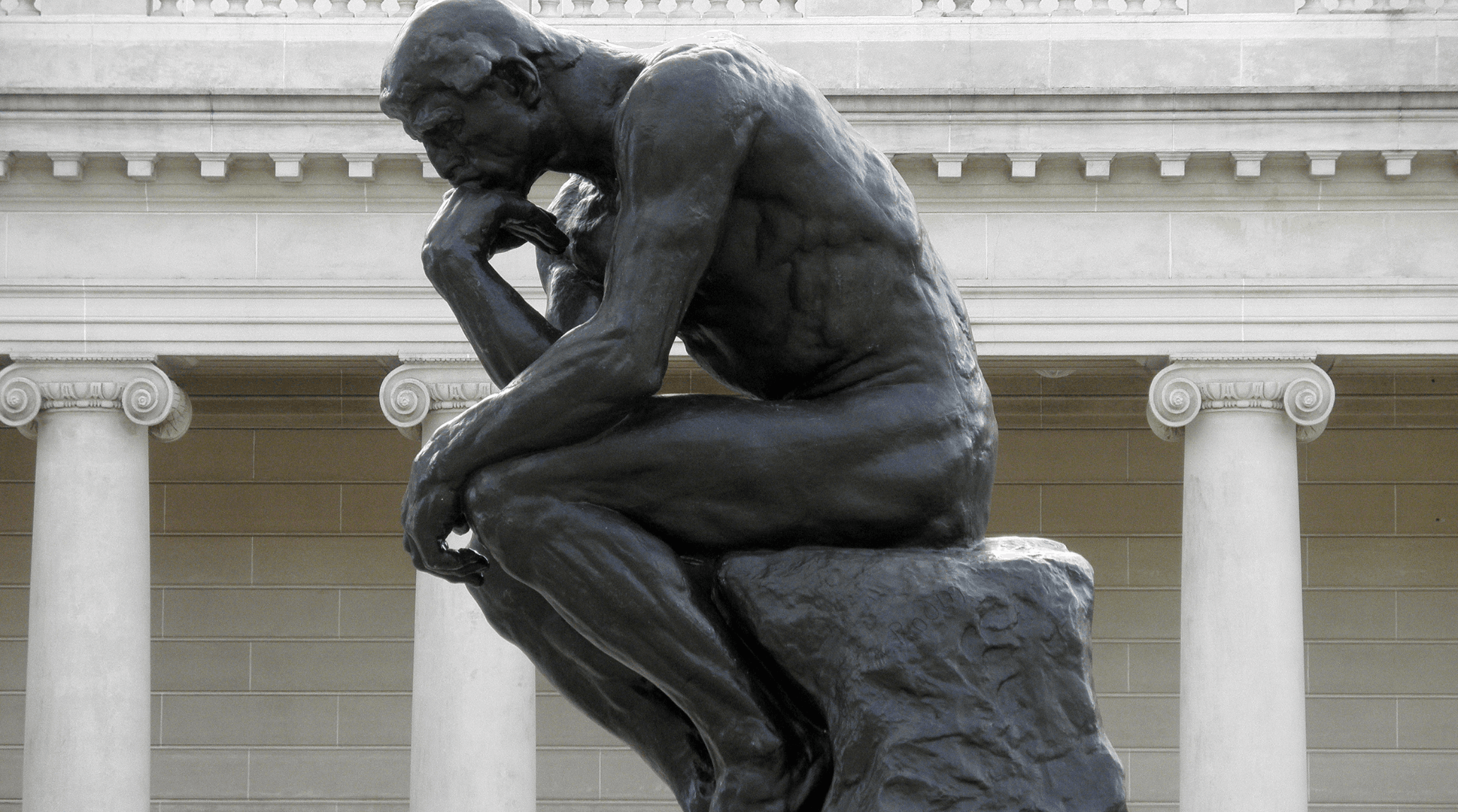
“
Understanding how to recognize depression is crucial for offering timely support to yourself or someone close. This mental health condition often hides behind smiles or silence, making it harder to detect. Learning how to recognize depression through early signs, behavioral shifts, and emotional changes helps in providing empathy, support, and seeking the right help. Explore these facts and insights to strengthen your awareness and response toward mental well-being.1
1
”
The ancient Greek physician Hippocrates described depression as “melancholia,” believing it stemmed from an imbalance of bodily fluids. His early observation of sadness, fatigue, and restlessness mirrors many modern signs of depression today.1
One major clue in recognizing depression is noticing when someone loses interest in hobbies or activities they once enjoyed. This sudden emotional detachment often signals internal withdrawal and declining mental health, even when they deny feeling sad.2

People suffering from depression often struggle with sleep—either sleeping too much or experiencing persistent insomnia. A noticeable shift in sleep patterns, particularly over long periods, is a key signal of mental health issues.
Physical symptoms like headaches, digestive issues, or chronic pain can appear without clear causes. These somatic complaints often mask deeper emotional distress, offering a silent but powerful clue to depression.3
Persistent feelings of worthlessness or guilt—even over minor issues—are common in depression. If someone consistently blames themselves or talks negatively about their abilities, it’s essential to consider this sign.4
Irritability is a lesser-known yet prevalent symptom. Instead of appearing sad, some people show anger, a short temper, or frustration. When such mood shifts become regular, they are significant in identifying depression.5

A person who constantly seems tired, even after rest, may be facing mental fatigue. This deep exhaustion, beyond physical tiredness, is often hidden yet vital in recognizing depression.
Noticeable weight gain or weight loss without effort could be a subtle sign of emotional imbalance. Changes in appetite, especially when coupled with mood shifts, should be considered as part of identifying depression. 6
If someone becomes socially distant or avoids interaction—even online—that withdrawal can be a psychological defense. Avoidant behavior is an important aspect to watch for when recognizing depression.7
Depression often affects decision-making. When people become unusually indecisive, procrastinate excessively, or seem mentally foggy, these cognitive difficulties form another puzzle piece in identifying the condition.8
Repetitive negative thinking patterns are common in depression. Whether it’s expecting the worst or fixating on failures, recognizing these destructive thought loops is crucial for understanding the condition early. 9
Lastly, Dr. Aaron Beck, a renowned psychiatrist, pioneered cognitive therapy, emphasizing how distorted negative thinking patterns contribute to depression. His research clarifies how we recognize depression today. 10
When people start using substances like alcohol or drugs more frequently, it might be a coping mechanism. Substance misuse often masks deeper emotional pain, making it vital to notice this when identifying depression. 11
Some people express depression through perfectionism. Excessive self-criticism, fear of failure, or setting unrealistic goals can all hint at underlying emotional struggles and should be part of the process of recognizing depression.12
Frequent crying or tearfulness, especially in private, is a common sign. Even if the person seems composed publicly, moments of sudden emotional release are strong indicators of depression.13

Kids and teens may express depression through anger, trouble at school, or physical complaints rather than sadness. Adjusting your lens according to age is important when recognizing depression in younger individuals.
Depression often distorts self-image. If someone repeatedly downplays their achievements or avoids praise, it could signal deeper feelings of inadequacy or hopelessness, important in identifying depression.14
One of the more subtle signs of depression is a lack of concentration or forgetfulness. A person may struggle to focus at work, in conversations, or on simple tasks, which can significantly affect their daily life.15
Significant changes in personal hygiene or appearance are another red flag. A person may stop taking care of themselves, neglecting grooming, and avoiding situations where they may be expected to interact socially.16
Sigmund Freud, one of the most influential thinkers in psychology, believed that depression results from repressed emotions or unresolved conflicts. His work shaped how we understand the psychological roots of this mental health condition.17


